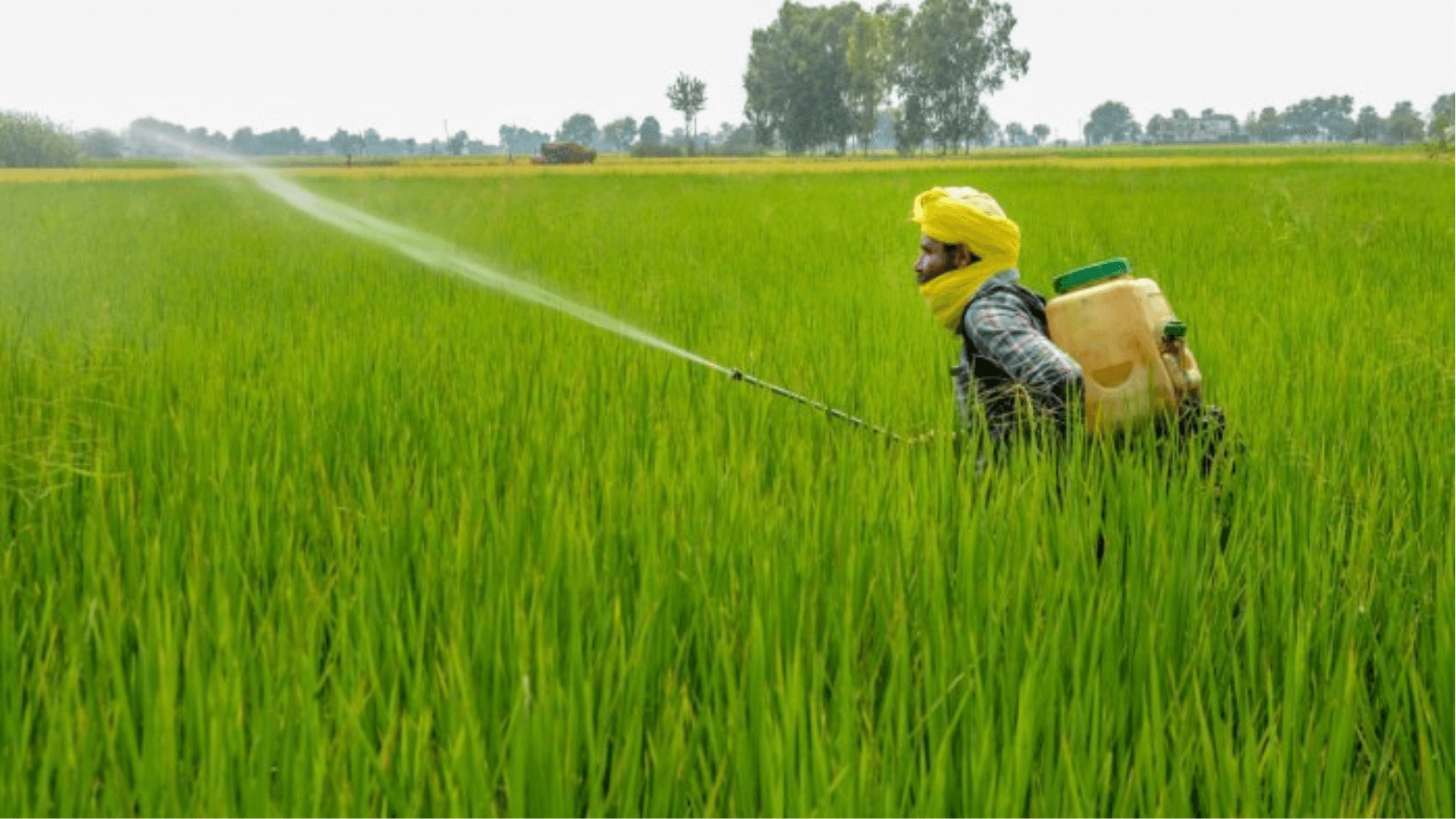Weeds are a common issue for farmers everywhere, but they don’t have to ruin your crops. Effective weed control is crucial for the success of any agribusiness. In this blog, we’ll delve into some of the best practices, strategies, and tools to manage weeds effectively.
Importance of Weed Control in Agribusiness
Weeds are more than just a nuisance. They can seriously affect your crop yield and quality by competing for water, nutrients, and sunlight.
- Affects Crop Yield: Weeds can reduce the productivity of your crops by absorbing essential nutrients from the soil.
- Increases Cost: Managing weeds later in the crop cycle can cost you more in labor and materials.
- Environmental Concerns: Weeds can become hosts for pests and diseases, which could require increased pesticide use, affecting the environment.
Weed Control Strategies
Mechanical Methods
- Hand-Pulling: It’s labor-intensive but effective for smaller plots. Hand-pulling removes the entire weed, including the root.
- Plowing and Tillage: Turning the soil can bury weed seeds, making it difficult for them to sprout.
Chemical Methods
Herbicides: Specific herbicides target different types of weeds. Make sure to choose the right one for your farm.
Cultural Methods
- Mulching: Covering the soil with a layer of organic material can prevent weed growth.
- Crop Rotation: Changing the types of crops you grow can disrupt the life cycle of weeds.
Choosing the Right Tools for Weed Control
- Hoe: Good for breaking up the soil and uprooting weeds.
- Weed Puller: A long-handled tool that makes it easier to pull out weeds with roots intact.
- Sprayers: For applying herbicides, choose a sprayer that allows for precise application.
Chemical Weed Control: Best Practices
- Reading Labels: Always read and follow the instructions on the herbicide label.
- Timing: The effectiveness of herbicides often depends on when you apply them. Some work best on young weeds, while others are for mature ones.
- Protective Gear: Wear gloves and a mask when handling and applying chemicals.
Organic Methods for Weed Control
- Organic Herbicides: These use natural ingredients and are less harmful to the environment.
- Vinegar: Acetic acid in vinegar can be effective for young weeds but use it carefully as it can also harm your crops.
- Corn Gluten Meal: This can prevent weed seeds from sprouting but must be applied before weeds appear.

Conclusion
Weed control is an ongoing process in agribusiness, but effective strategies and the right tools can make it manageable. From mechanical methods to chemical solutions and organic alternatives, there are various ways to tackle the problem. Understanding the specific needs of your farm will help you choose the most suitable weed control strategies.
See Also


Leave a Reply